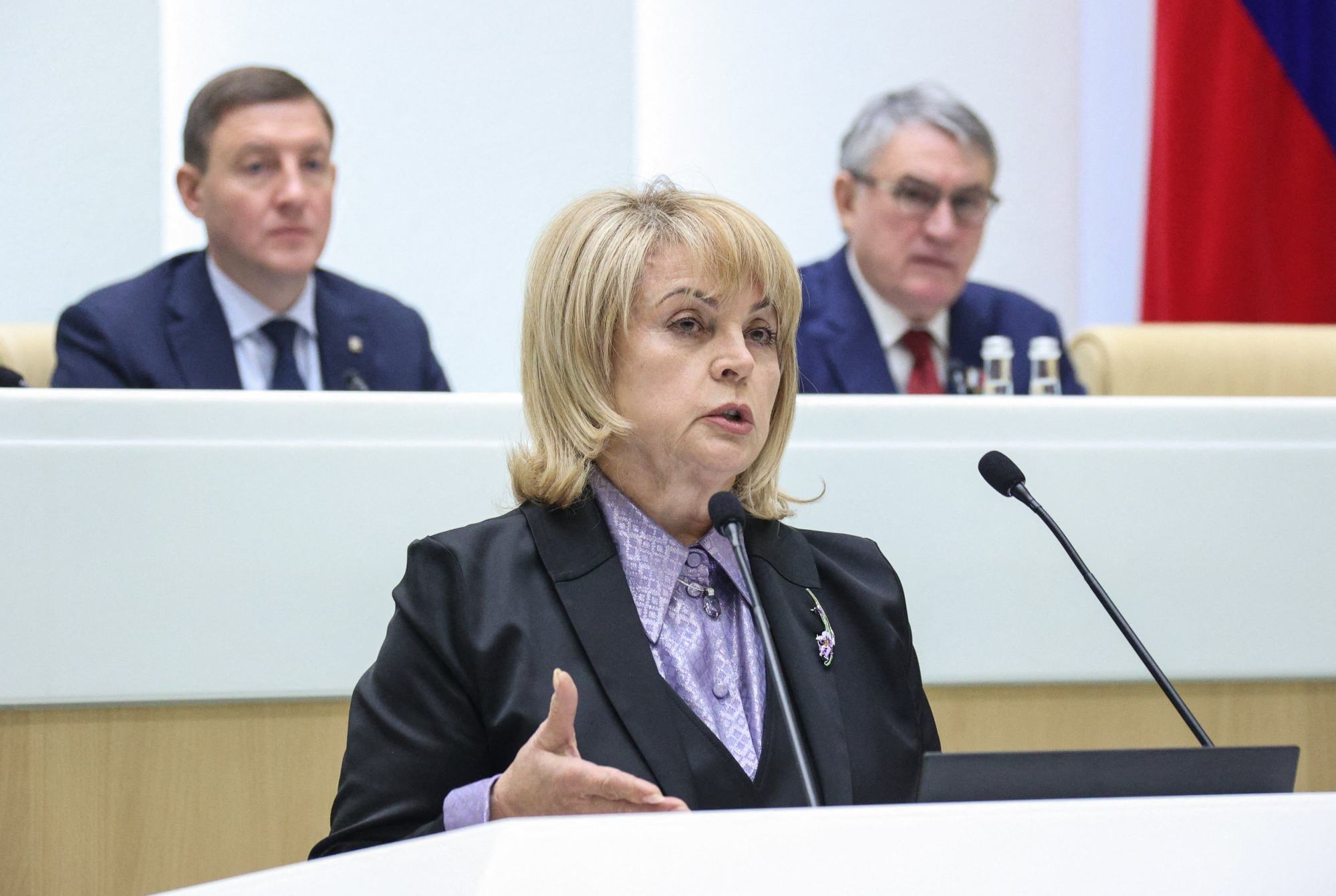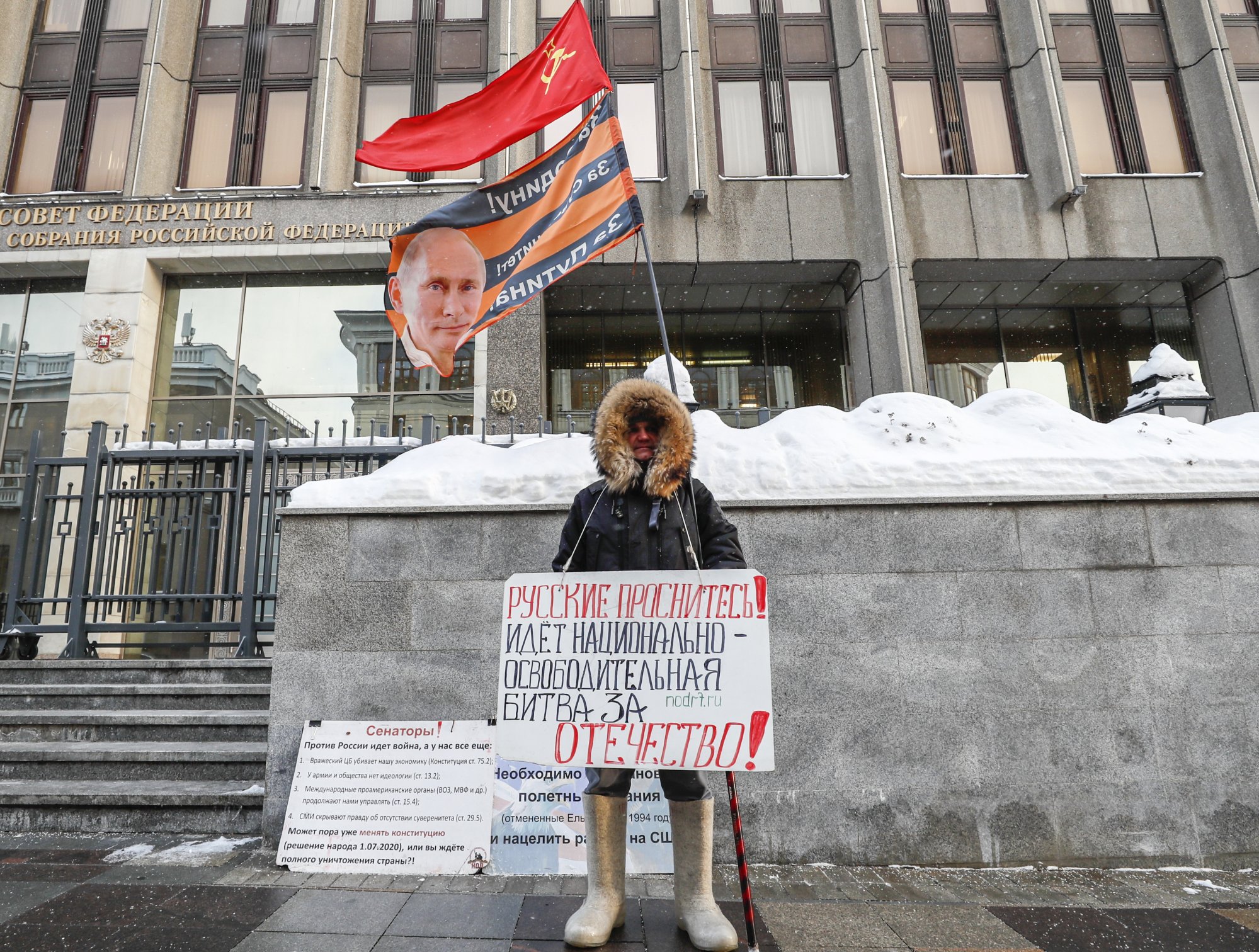In a meeting broadcast live on Russian television, the upper house of parliament unanimously approved the date of the vote.
The decision “practically kicks off the presidential campaign”, according to the head of the chamber, Valentina Matvienko.

The 71-year-old is due to hold an end-of-year press conference next week, where he could announce his candidacy.
Russia has since said it has annexed the Ukrainian regions of Luhansk, Donetsk, Kherson and Zaporizhzhia even though Russian troops do not fully control them.
Voting is also planned in those regions.
“Despite the difficult external circumstances and the attempts by the enemy to weaken Russia, we remain true to our main constitutional values,” Matvienko said.
She added that Russians were “united like never before” around Putin’s government “and the task of the state is to show it is worthy of this trust and to prevent any provocations”.
Putin greets children, views ‘nuclear button’ as re-election bid nears
Putin greets children, views ‘nuclear button’ as re-election bid nears
Putin would be running for a fifth presidential term. Following a constitutional reform in 2020, he could stay in power as president until 2036.
Since launching the campaign in Ukraine, Putin has become a pariah among Western leaders and his country has been hit by unprecedented sanctions.
The Russian economy has also proved resilient against sanctions and is growing again as Russia reorients its energy exports to Asian clients.
After his first two presidential terms, Putin briefly became prime minister between 2008 and 2012 while his protégé Dmitry Medvedev became president.

The switch was to get around a constitutional ban on more than two consecutive presidential terms.
During his long rule, Putin has silenced dissent and turned Russia towards authoritarianism and nationalism.
Almost all opposition figures have either been imprisoned, are in exile or have been killed in murky circumstances.
Since the start of the war in Ukraine, Russia has imprisoned opponents of the war with beefed-up legislation outlawing criticism of the army.

